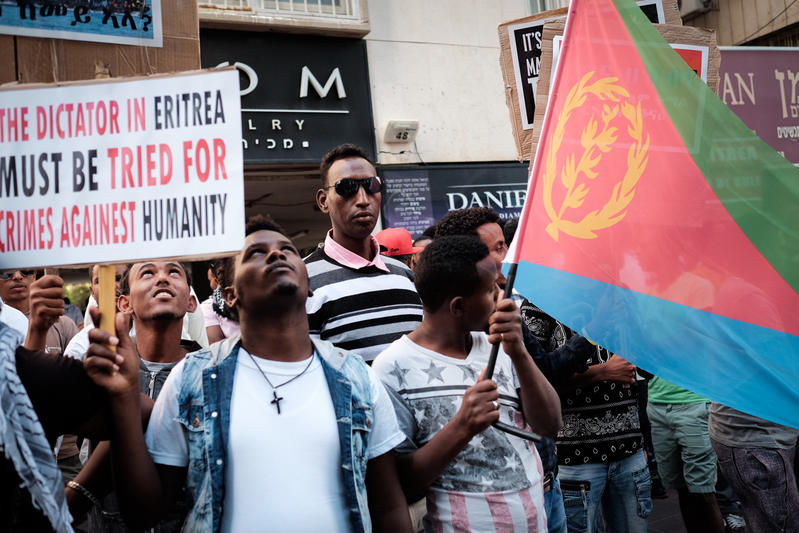For the first time, the Norwegian Directorate of Immigration or Utlendingsdirektoratet (UDI) will take away citizenship from refugees, because they actually support the regime they said they fled from.


Source: NRK
A group of five people at the UDI has been working for two years investigating tips and information about a group of 135 Norwegian-Eritreans. The question has been: Why have they been granted asylum and become Norwegian citizens, and then actively, through associations or in other contexts, support the regime they say they fled from?
The UDI experts traveled around the Oslo and Bergen to talk to sources. They have searched social media. They have also reviewed tips they have received from Eritreans in Norway who are in opposition to the Eritrean regime.
“This is the first time that support for a regime is the main reason why Norwegian citizens receive notice of revocation of citizenship from the UDI.” This is according to Dag Bærvahr, head of control at the UDI.
Eritrea and human rights
Eritrea has been described as one of the most repressive countries in the world. President Isaias Afwerki has ruled the country since its independence in 1991, and no political opposition is allowed. The 1997 constitution has not been implemented and the elected parliament has not met for 18 years.
There is no free press, no independent civil society, and religious minorities are banned and imprisoned for their beliefs.
No one knows how many political prisoners there are in the country, but estimates range from 10,000 to 25,000. People are imprisoned without trial, and there have been reports of widespread use of torture and sexual abuse in prison, as well as extrajudicial executions.



